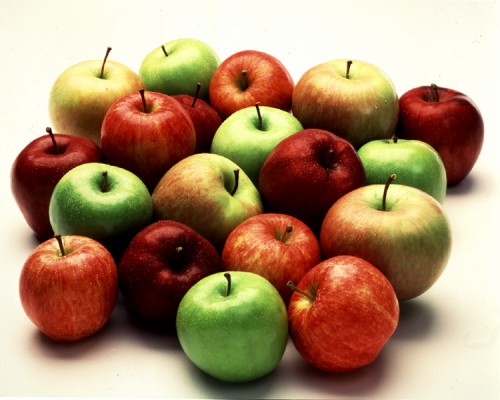When I was a young father, I wanted my young children to be very good at everything they did. I wanted them to be very good students, very good athletes, very good thinkers, etc.
Although they never took a great deal of interest in sports, they did well enough in school and became bright and athletic thinkers.
By the time they had become young men, my desire for them to excel at everything had evaporated. And in its place was something else: pride and satisfaction in knowing that they had become independent and kind.
Many parents, I believe, experience the same shift. When their children are small, they want to see them excel because they believe that childhood performance is an indicator of future success. But as time passes, they come to have a more realistic view of maturation.
One of the most important recognitions is that the most important stages of childhood development are all marked by the need to separate in some way from the parents.
This makes perfect sense when you consider us as creatures of evolution. When our children are helpless, our instinct is to nurture and protect them. As they grow older, they acquire habits (biting the nipples that feed them, breaking free of the hand that holds them, discovering music their parents abhor, etc.) that promote independence.
This is as it should be. A mentally healthy parent learns to accept and eventually desire his children’s independence.

